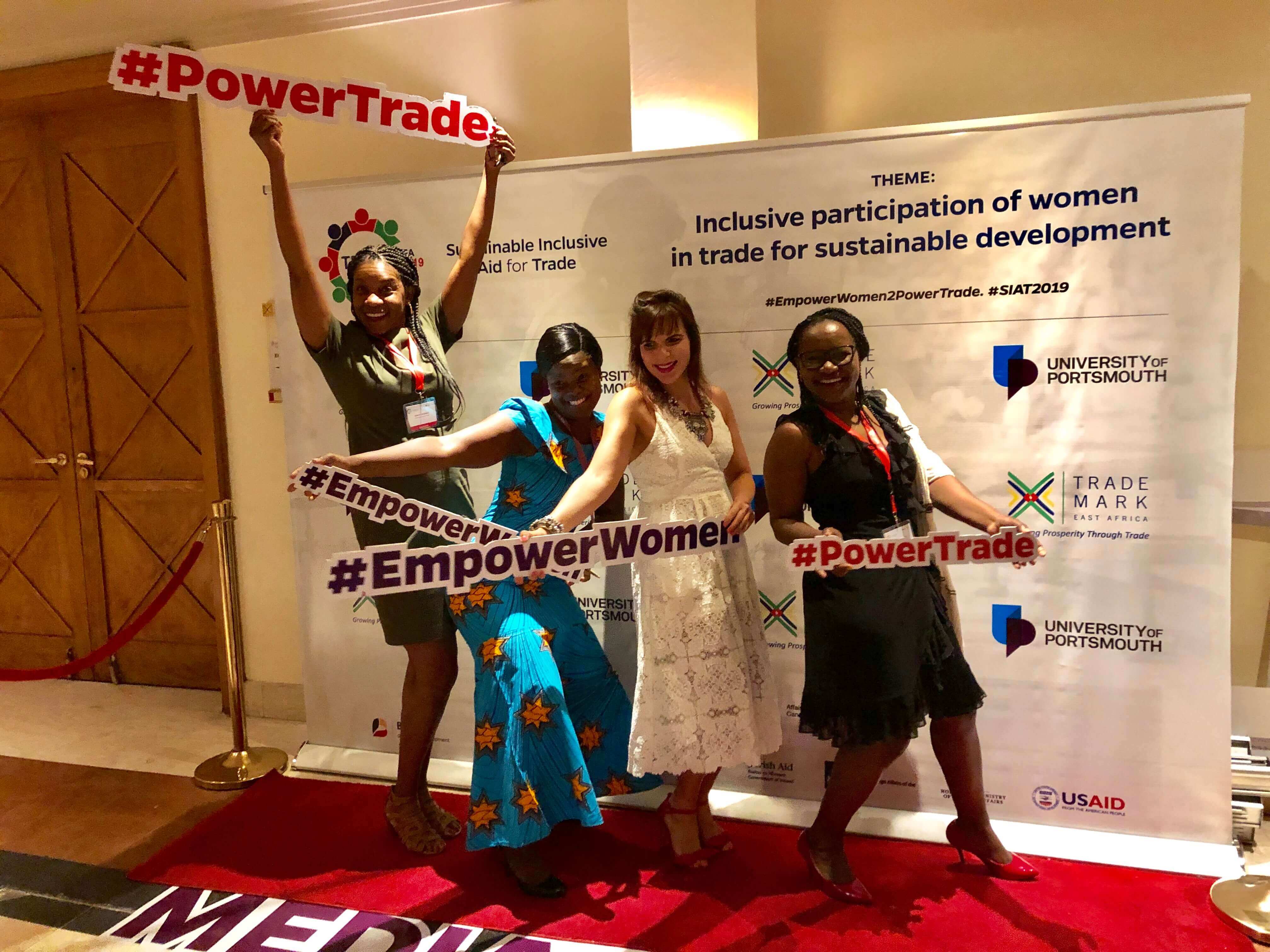Rwanda has opened the Masaka dry port for business with the launch on Monday of the $35 million-worth Kigali Logistics Platform, built and operated by Dubai World—a United Arab Emirates-based trade logistics firm. The facility provides services in container handling, loading and unloading from trucks, warehousing and cold storage; and is expected to reduce the time taken for cargo truck-turnaround from two weeks to three days. It was developed through a concession. Dubai World will run it for 25 years before handing it over to the government. The port’s construction began in early 2016 in Masaka, east of Kigali, close to the special economic zone and will link Rwanda to both the Northern and Central transport corridors, as well as save almost $50 million a year in logistics costs when operating at full capacity, according to the Rwanda Development Board. Patience Mutesi, the country director for Trademark East Africa told The EastAfrican that the logistics hub will help solve some of the persistent bottlenecks that dog the movement of goods to and from Rwanda. “Many challenges still exist for traders in the region. Offloading and reloading outbound cargo at both the Mombasa and Dar es Salaam ports takes days and sometimes even weeks to be completed,” said Ms Mutesi. The Masaka dry port was therefore developed as the logical termination point of the proposed standard gauge railway from both the Uganda and Tanzania line, to improve connectivity with the ports of Mombasa in Kenya and Dar es Salaam in Tanzania. The Kigali...
Rwanda’s Masaka dry port to cut cargo truck turnaround fourfold to three days
Posted on: October 25, 2019
Posted on: October 25, 2019
















